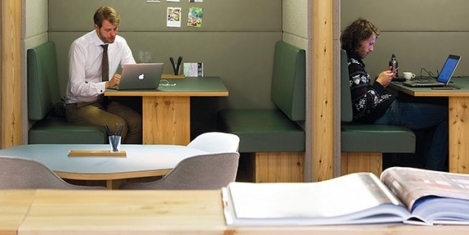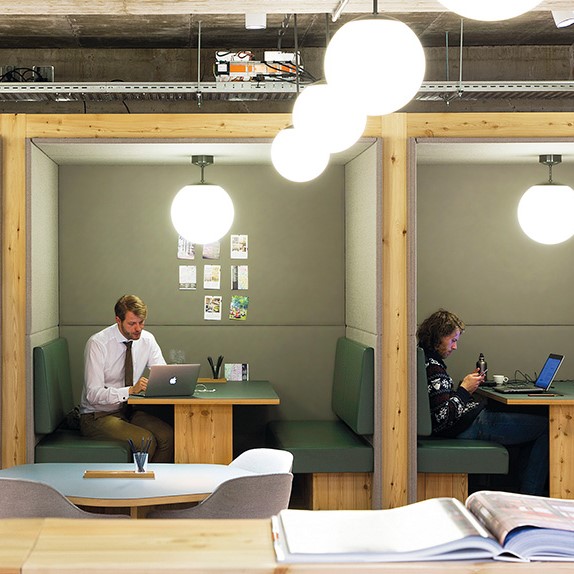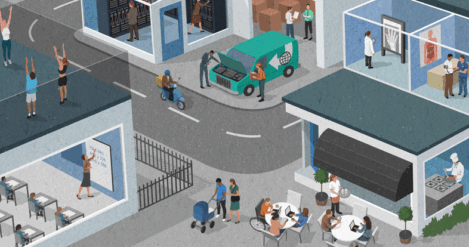May 18, 2025
Parlez vous Tik Tok? How social media is driving conflict and misunderstanding in the workplace
 The way people communicate on social media is reshaping how they connect and collaborate with each other in the workplace, according to research from The Adaptavist Group. The research suggests that platforms like TikTok and Instagram are directly influencing how 83 percent of people communicate professionally, fuelling conflict and misunderstanding amongst an increasingly intergenerational workforce. The findings, outlined in The Adaptavist Group’s Workplace Communication Atlas, were based on a survey of 1,000 UK knowledge workers conducted by Attest. (more…)
The way people communicate on social media is reshaping how they connect and collaborate with each other in the workplace, according to research from The Adaptavist Group. The research suggests that platforms like TikTok and Instagram are directly influencing how 83 percent of people communicate professionally, fuelling conflict and misunderstanding amongst an increasingly intergenerational workforce. The findings, outlined in The Adaptavist Group’s Workplace Communication Atlas, were based on a survey of 1,000 UK knowledge workers conducted by Attest. (more…)


































April 30, 2025
The world needs amazing leaders like never before. But where are they?
by Dana Maor • Business, Comment, Workplace